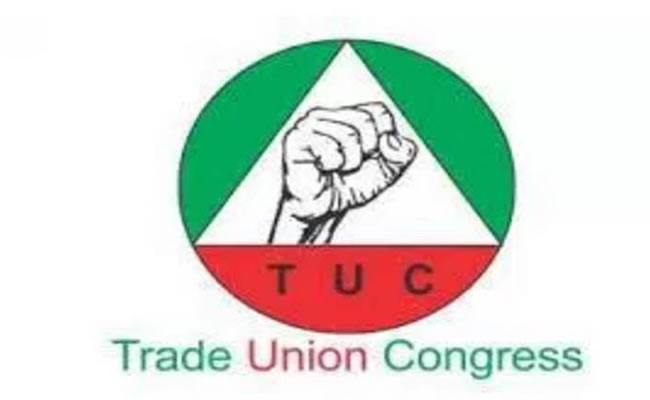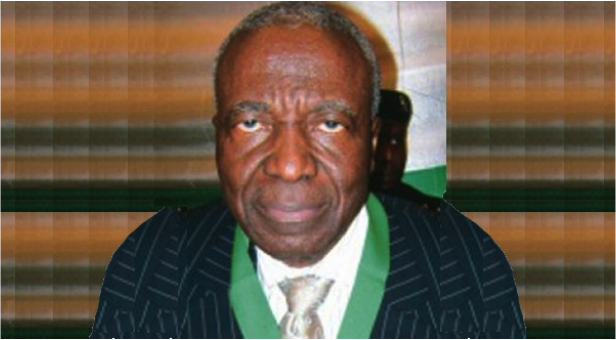Revenue from trademarks, patent can get the country out of recession –Registrar
The Registrar of Trademarks, Patent and Design, Federal Ministry of Trade and Investment, William Amug, a has disclosed that revenue from Trademarks, Patents and Design is capable of turning around the fortunes of the country if the sector is properly funded.
Mr. Amuga made this assertion while reacting to the “Bill for an Act for the Establishment of the Industrial Property Commission of Nigeria, Repeal the Trademarks Act, Laws of the Federation of Nigeria, 2004 and Patents and Designs Act, 2004 and make Comprehensive Provision for the Registration and Protection of Trademarks, Patents and Designs, Plant Varieties, Annual Breeding and Farmers Rights and for Other Related Matters” sponsored by Hon. Chime Oji in the House of Representatives.
The registrar said that government properly designed the Trademarks department as revenue earner as well as a tribunal with coordinate power to that of Chef Magistrate Court so as to protect investors rights and patents but decried that over the years, the sector has been poor funded, making it difficult for gain investors’ confidence and become a major revenue earner.
According to him, for the Nigerian Trademarks and Patent to provide access and protection in the world market, the department needs to integrate with International Unions like the Lisbon Union that regulate Geographic Indications (GIs) and this cannot be achieved without proper funding and autonomy.
He recalled that in 2005 the department secured a Presidential approval to retain about 20 percent of its revenue but it was not accessible until 2008, and was used for administration and publication of Trademark Journals, it increased service delivery but the approval was proscribed in 2015.
“Government in its wisdom designed this office to be a professional department. It is a service based department the staff were structured to grow as career professionals with specified service delivery time and quality service.
“Over time, people were deployed into the office to satisfy political interest since it was a revenue generating sector. They came in but could not add any value. Expertise is achieved over a repetitive activity but someone coming from outside cannot add any value because they know next to nothing but can only succeed in bringing it back to its knees and the ball falls back on the professionals in the cadre to remedy the situation,” Amuga said.
He explained that “things happen not in good laws but in organised framework” citing example with the United States Industrial Property act of 1947 which has remained relevant till date, adding that if government commits more funds to Trademarks and Patent and with the establishment of the Industrial Property Commission of Nigeria, the sector will be a major revenue earner for the country especially at this time when government is emphasizing the diversification of the economy.
Adding her voice, a Deputy Director in the Department Stella Ezenduka said that the office is a tribunal where conflict within investors are settled according to extant rules, a situation that protects the confidence and right of investors in a competitive market, saying that for the department to live up to its calling, it needs to be properly funded.
“Constant stake holder engagement is vital for the growth of Industrial Property development in any country. It creates awareness on how you can use your creativity to exploit your immediate environment and also educate you on how protect your creations.
“We need to go on road shows and outreaches. A lot of patents are ready for registration but no information is available to the public. Patents don’t end in the filling; we have the capacity to link them to end users. A lot of Trademark certificates are abandoned in the office due to lack of sensitization.
“As developed and as enlightened the United States is, the Industrial Property Department still engage in outreach twice a month. Developed countries like to nurture Industrial Property offices in developing countries because they know that their citizens invest in those countries and could be vulnerable if not protected by relevant laws,” Ezenduka added.








